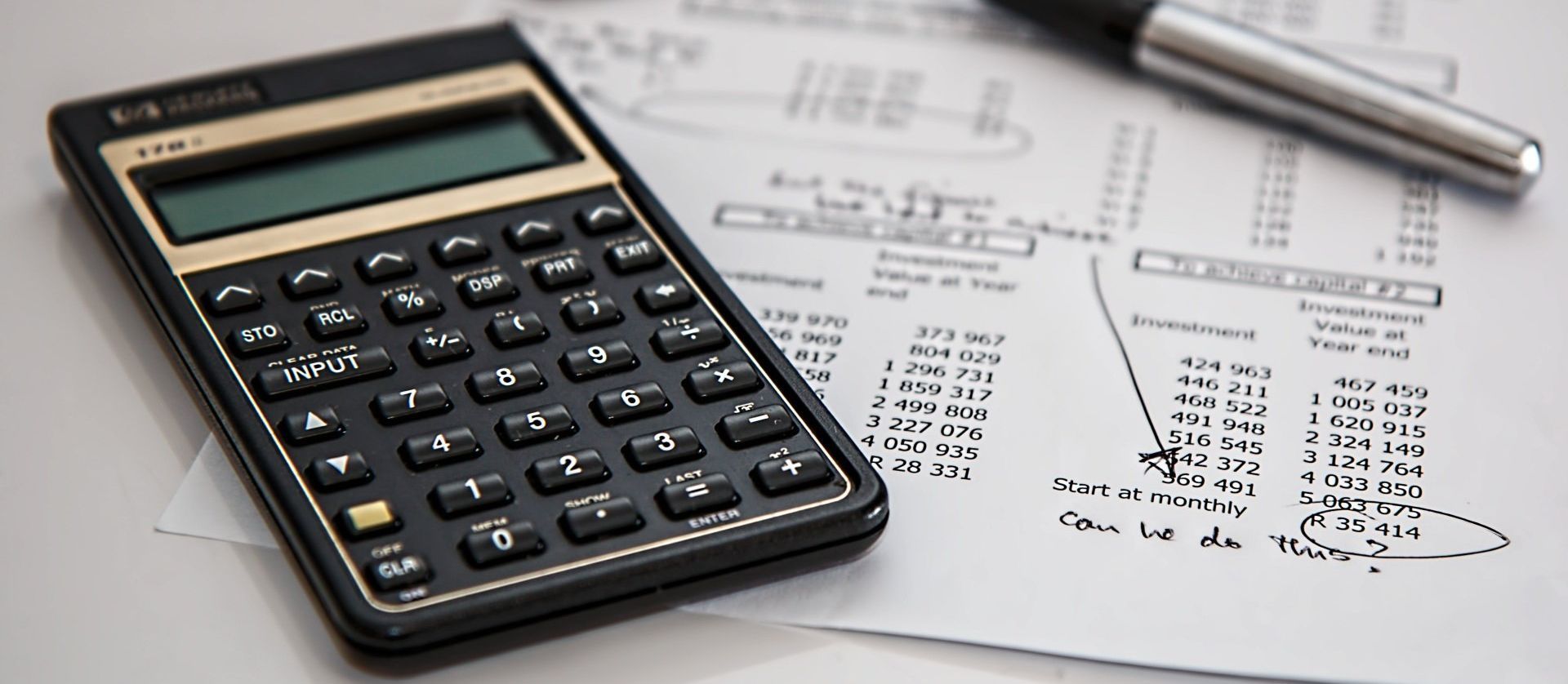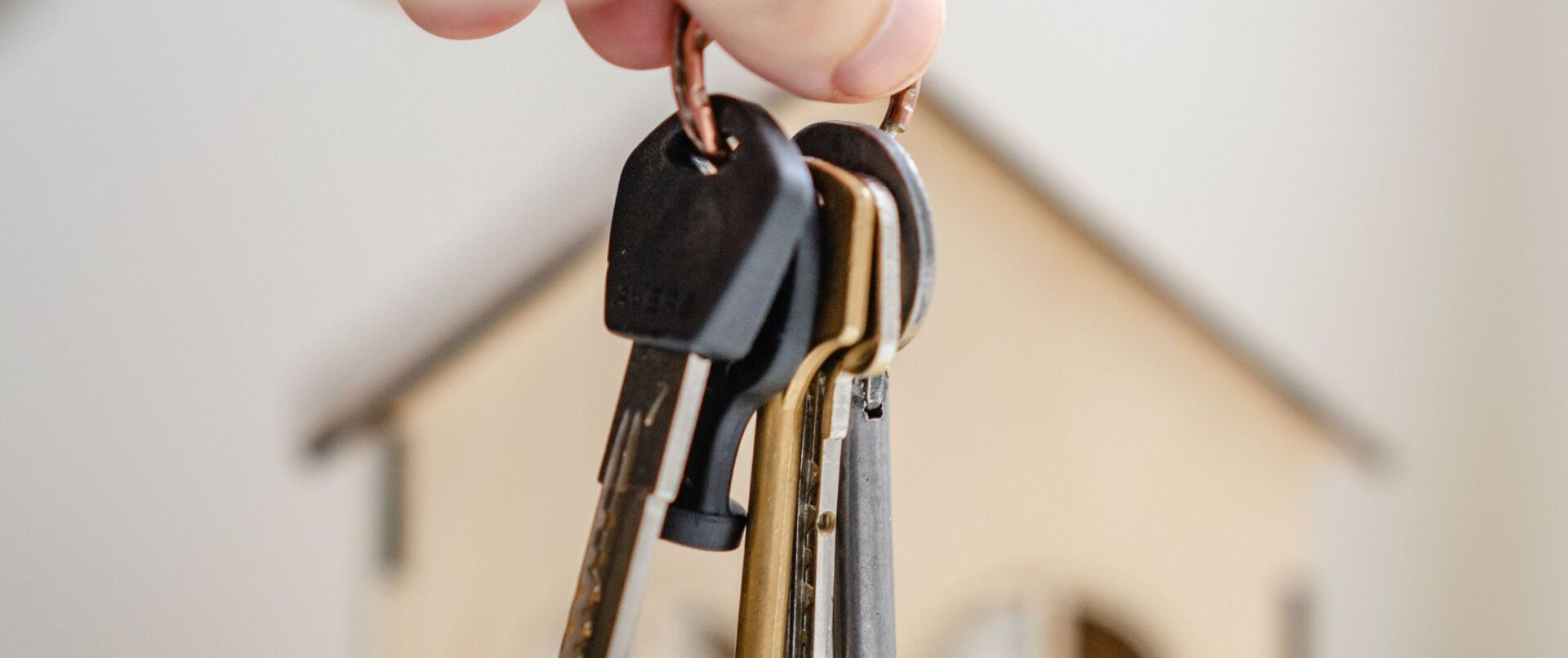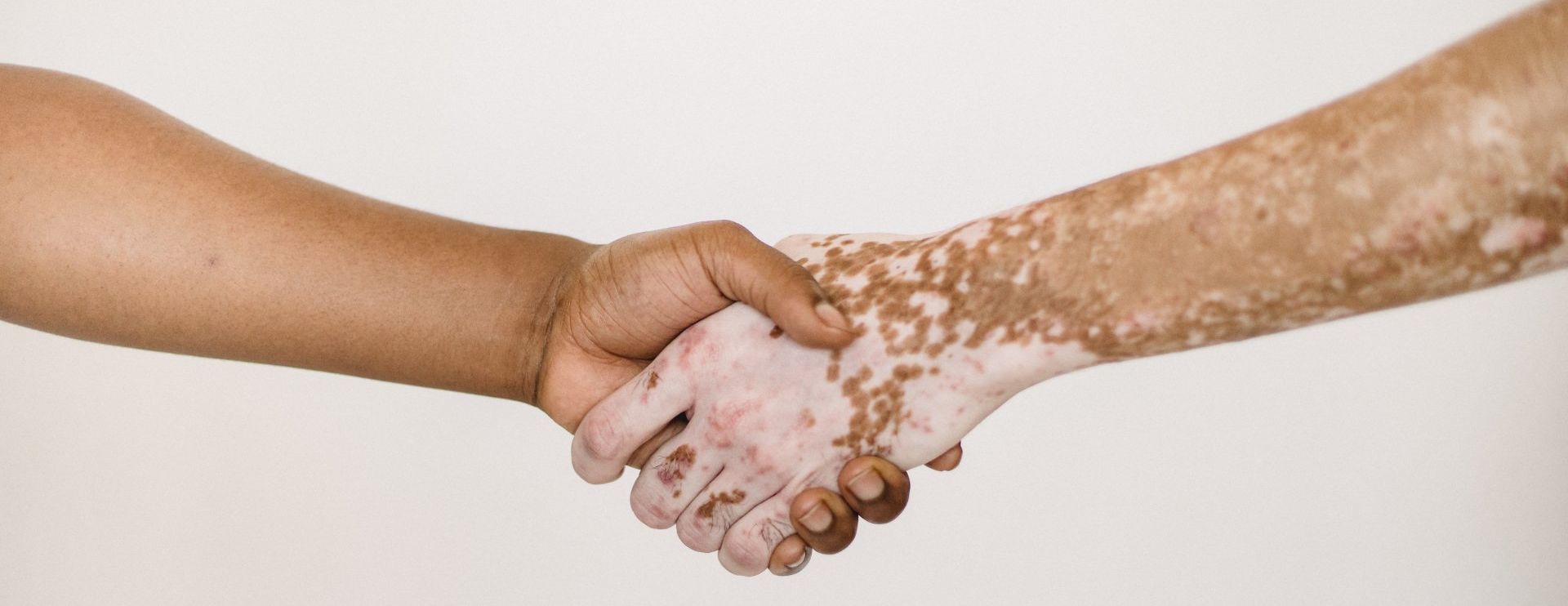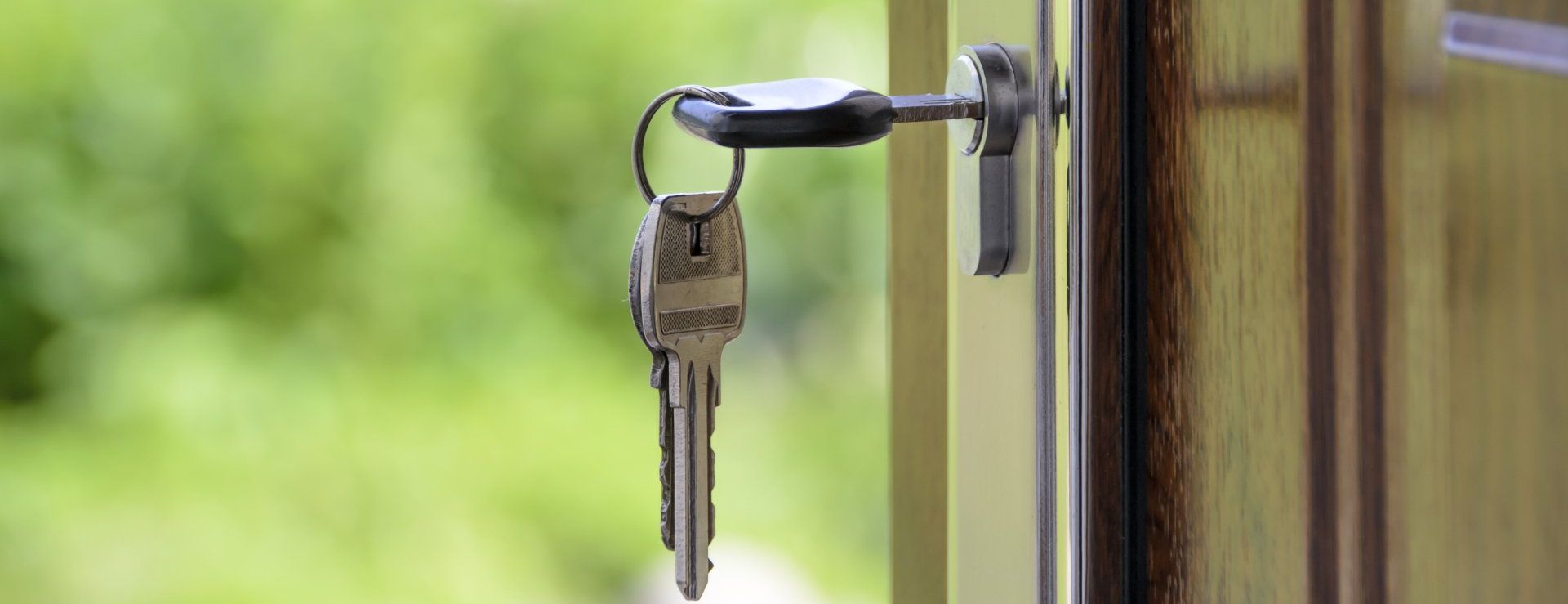How to Save for a deposit when buying your first home
Check Out Our Tips and Tricks for Saving Up for That All-Important Deposit

Buying your first home is an exciting milestone, but it can also be a daunting one. One of the biggest challenges for first-time buyers is saving up for the deposit, especially when the price of a skinny caramel latte has gone up by 20%!
The larger the deposit you can afford, the better the mortgage rates you can get, and the less you will have to pay in interest over time. In this post, we'll offer some tips and tricks for saving up for that all-important deposit.
1. Set a Realistic Savings Goal
The first step to saving for a down payment is to set a realistic savings goal. How much do you need to save? A typical deposit is around 10% of the purchase price, but some lenders require as much as 20%. If you're unsure how much you'll need, use a mortgage calculator to estimate your monthly payments and work backwards from there.
2. Create a Budget
Once you have a savings goal in mind, it's time to create a budget. Review your income and expenses to determine how much you can realistically set aside each month for your deposit. Look for areas where you can cut back on expenses, such as dining out or entertainment - don't worry this is only short term, that cheeky Nandos can wait!
3. Open a High-Interest Savings Account
It's important to put your savings in a high-interest savings account to make the most of your money. Look for a savings account with a competitive interest rate and no fees. There may be a government scheme to help you with this that offers great benefits!
4. Automate Your Savings
Set up an automatic savings plan to make saving for your deposit easier. You can set up a standing order to transfer a fixed amount of money from your current account to your savings account, make sure you're strict on yourself to keep this money in here and not draw it out!
5. Look for Additional Sources of Income
Consider taking on a side hustle or selling unwanted items to generate additional income. Every little bit helps when it comes to saving for a down payment and who knows what you have lying around!
6. Avoid Large Purchases
Avoid making large purchases, such as a new car, until after you've bought your home. Large purchases can eat into your savings and make it harder to reach your down payment goal. Purchasing anything through finance can also effect the amount you can borrow and therefore the deposit amount you will need to put down.
In summary, saving for a deposit takes time and effort, but it's worth it in the end. The short term cut backs you may need to make will add towards the long term benefit of owning your first home and enjoying everything that comes with it.
Disclaimer: The above blog post is for informational purposes only and is not intended to be financial advice. It is important to consult with a financial advisor or property lawyer before making any financial decisions related to purchasing a home. The information provided in this post may not be suitable for everyone, and individual circumstances may vary. Onthemoov is not a financial advisor or property lawyer and does not provide financial advice or legal services. Please consult with a qualified professional before making any financial decisions.
If you're moving home and would like some help, get your quote below or call our friendly team!











